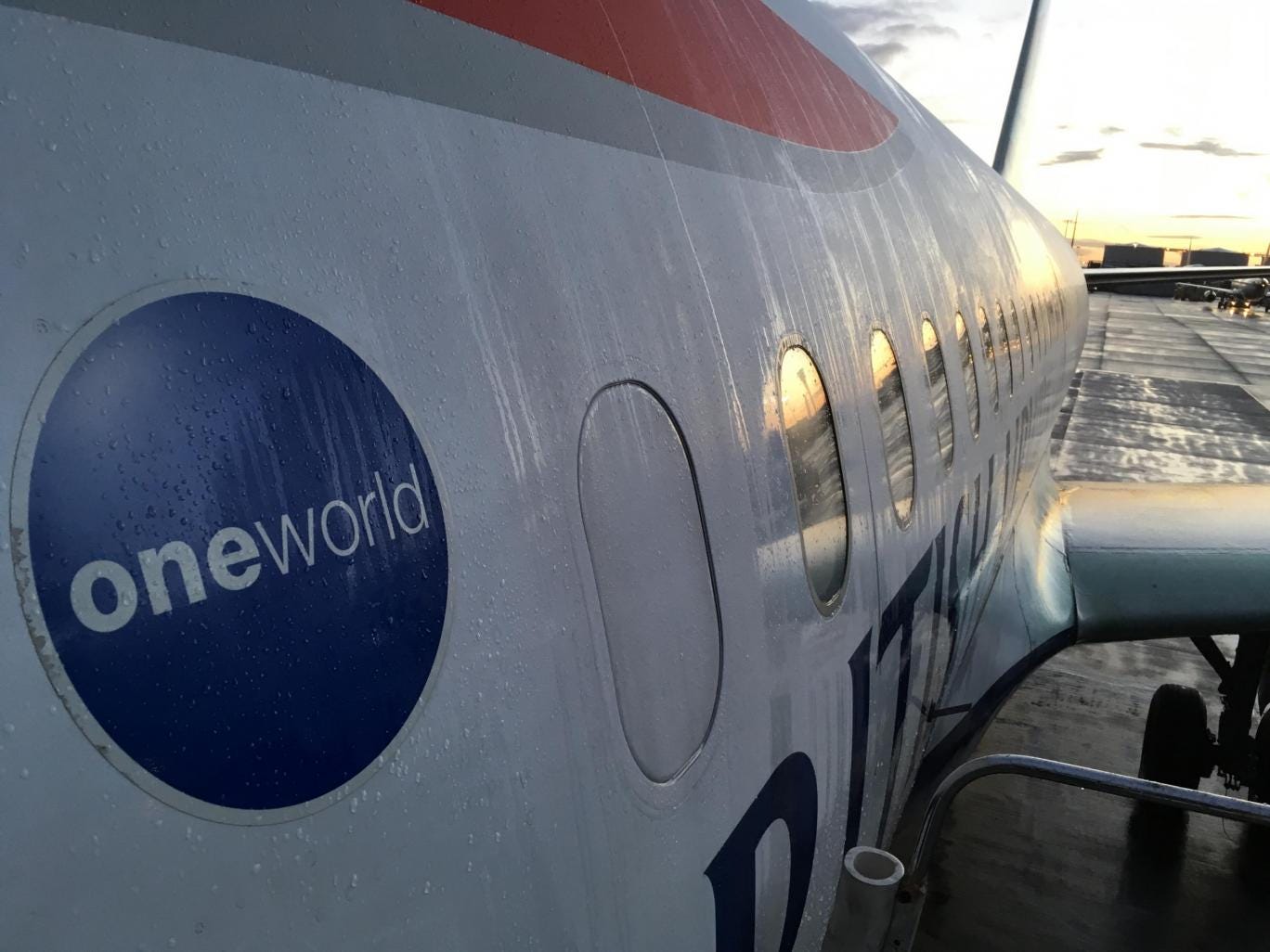US flight ban: What exactly does it mean?

President Trump’s executive order banning nationals from seven mainly Muslim countries from the United States has caused anger and anxiety across the world — and has also sowed confusion about the meaning of the new travel rules.
Q. What does the executive order say?
For the next 90 days, nationals from Iran, Iraq, Libya, Sudan, Somalia, Syria and Yemen can travel to the US only if they have either a “Green Card” entitling them to permanent residence in America, or one of five specific visas for official bodies such as the United Nations.
The order implies any normal visitor to the US from one of those countries, whether on holiday, seeing friends and family, or on business, is banned.
Q. Does it include British people who were born in one of those countries, and/or those with dual nationality?
No. On Monday afternoon, the FCO said: "We have confirmed with the US government that British passport holders (regardless of country of birth or whether they hold another passport/nationality) aren’t affected by the Executive Order."
Q. So, who is banned?
The most forthright clarification was from the UK Foreign Office. Late on Sunday, it said the ruling was far more nuanced than it originally appeared. Assuming the Foreign Office's interpretation is correct, the ban will affect a much smaller number of travellers than originally feared - though of course the effect for those individuals and their families is likely to be extremely distressing.
People who are nationals of one of the seven named countries and travelling from one of the seven named countries. So for anyone whose journey starts in the UK, elsewhere in Europe or in almost any other nation in the world, there is no prospect of being banned.
There are no direct flights from any of the countries on the list to the US. Therefore the decree can apply only to people flying via a third country where they are purely in airside transit. For example, the order might apply to someone intending to fly on Air France from Tehran to Paris on Air France then immediately board an onward flight to the US. But someone flying on British Airways from Tehran to Heathrow, who clears UK immigration and customs before checking in for a transatlantic flight, will not be affected.
Q. But we’ve heard lots of stories of people with Green Cards or dual nationality not being allowed on board flights to the US. Why?
They have misinterpreted the rules and erred, as they would see it, on the side of caution.
Even in the UK there are occasional problems with passengers to Europe who are wrongly denied boarding despite their passports being valid. Airlines are heavily fined if they allow someone who is inadmissable to board a flight to the US. Inevitably with a sudden bureaucratic change like this, mistakes are made in the high-pressure environment of an airport shortly before a flight departs.
Anyone who is wrongly denied boarding should try again.
For nationals of one of the seven countries who were planning to fly to the US from one of those countries, the travel ban appears to be simple to circumvent. A Libyan could cross the land border to Tunisia and fly onwards from there a Syrian could fly from Damascus to one of the Gulf airports, go through passport control and then check in to a US-bound flight and from the other countries, a flight to Istanbul should avoid problems, so long as they can be legally admitted to Turkey.
Q. For people who find themselves correctly denied boarding, what are their options?
Any passenger denied boarding because the US has changed its rules has no claim against the airline for a refund or rebooking. American Airlines’ conditions are typical: “You’re responsible for bringing the correct documents for international travel. If you don’t have the required documentation and identification, you will not be allowed to board the plane and would be responsible for any resulting costs.”
However, given the extreme circumstances, with thousands of prospective travellers discovering that they are suddenly inadmissible to the US, airlines are being reasonable. The two main UK airlines to the US, British Airways and Virgin Atlantic, are offering such passengers full refunds or the chance to change destination or postpone their trip.
But that’s for “customers directly impacted by this executive order” to use Virgin’s terms. It is not clear what will happen to a family group where one passenger is ineligible to travel but others are.
Q. Meanwhile, there will soon be more red tape for everyone who visits the US …
At present there are no passport controls when you leave America: at the airport you just go through a security search and step aboard the plane. President Trump has ordered that state of affairs to end, and is demanding full biometric checks on every departing passenger, saying: "The Secretary of Homeland Security shall expedite the completion and implementation of a biometric entry-exit tracking system." That will entail being photographed and fingerprinted on your way out of the US, as well as the way in.
Article Source: http://www.independent.co.uk/travel/news-and-advice/us-flight-ban-what-exactly-does-it-mean-a7552406.html
Image Source: https://static.independent.co.uk/s3fs-public/styles/story_large/public/thumbnails/image/2017/01/29/21/img-3849.jpg
VOCABULARY WORDS:
1. Sow (v.) ~ to implant, introduce, or promulgate disseminate
2. Forthright (adj.) ~ (of a person or their manner or speech) direct and outspoken straightforward and honest
3. Misinterpret (v.) ~ interpret (something or someone) wrongly
4. Err (v.) ~ be mistaken or incorrect make a mistake
5. Circumvent (v.) ~ find a way around (an obstacle)
6. Ineligible (adj.) ~ legally or officially unable to be considered for a position or benefit
QUESIONS FOR DISCUSSION:
1. What have you heard about the travel ban implemented in the US?
2. Do you think that this executive order can be constituted as discrimination? Discuss your answer.
3. How can this policy affect the relationship of the US with other countries?